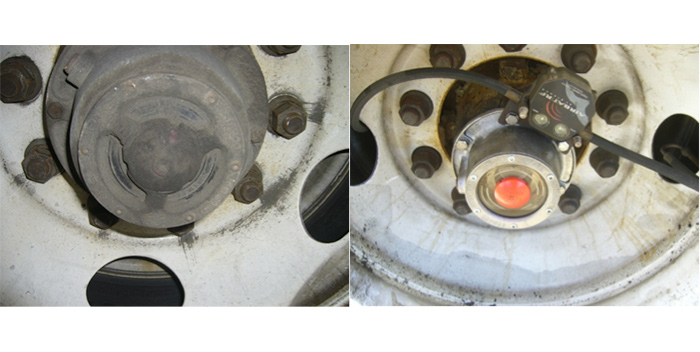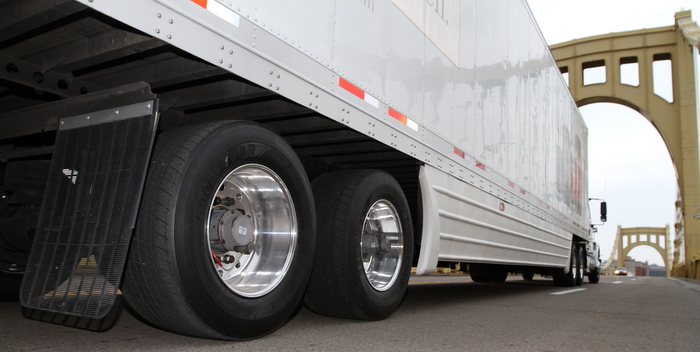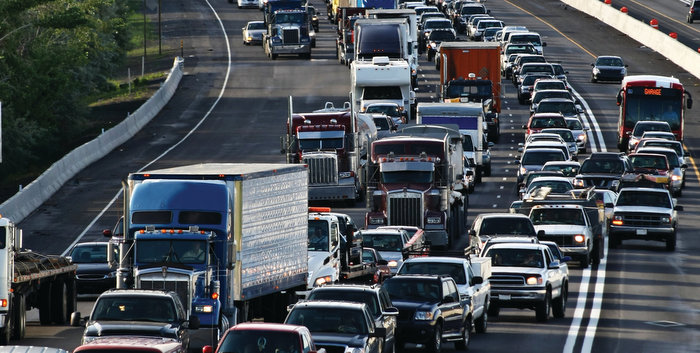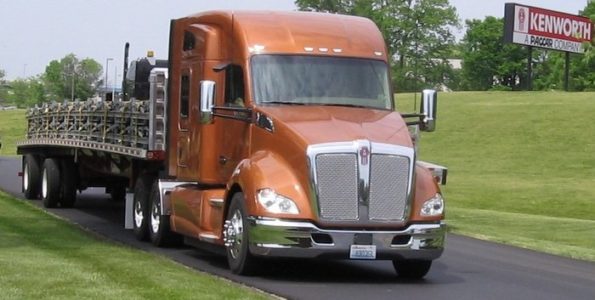New trailer builds are up 74% in July, truck tonnage has risen by 7.4%, and truck makers are hiring again. These are all signs of an uptick in business that should have us breathing a sigh of relief, but some are hesitant.
At the recent Commercial Vehicle Outlook Conference held by the Heavy Duty Manufacturers Association, two economists presented their take on economic conditions as they relate to our industry and why we seem to be stalled out.
Eric Starks, president, FTR Associates, and a self-proclaimed pessimist, said “We are probably not headed for a double-dip recession.” However, he continued, “because of the slower rate of growth, it still feels like a recession. Consumers are not leading us out of the recession [as in the past].”
Starks notes that fleets are adding equipment, but they are not adding capacity. The short-term outlook seems to be that we will continue to tread water until this time next year, when we should start to see a slow rise in the economy.
Donald Broughton, managing director and senior analyst, Avondale Partners, pointed out that, “Consumer wages, not consumer confidence, drives the economy.” He noted that July was a little softer than June, but that the goods flow continues to tell us that we should be optimistic and hopeful about what the economy portends for the fall and next year.
Broughton said intermodal railroad carload, and forest/lumber carload volumes all constitute a bullish sign for domestic retailing and trucking. “Right now, international containers are in a worldwide shortage,” he said. “We’re seeing a large surge in containers flowing in through the ports around the U.S., and that’s why we’re seeing intermodal volumes domestically so strong. Because they’re moving those containers from the ports to the warehouses and retailers around the U.S.”
He also said that he does not see a double dip recession looming, nor is he as pessimistic as some other economists. He claims, and presented the charts to illustrate, that the indicators for a downward trend are not in place, and that we should see evidence of that as early as this fall, when he believes there will be a slight spike in real estate activity—a sign of renewed confidence, perhaps.
All that said, those of us in this industry will continue to smile as we see new truck and trailer orders and truck tonnage increases. Those are the indicators that have signaled a change for the better in the past.
For those of you that wish more in-depth economic news, you can visit FTR Associates’ website at www.ftrassociates.com, or the website of Avondale Partners at www.avondalepartnersllc.com.









